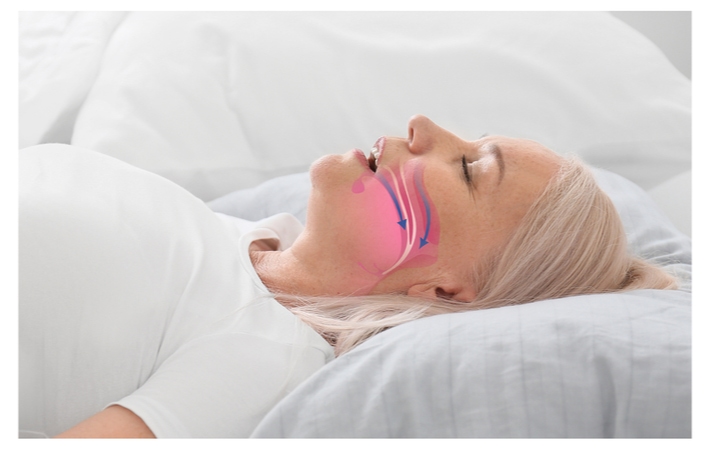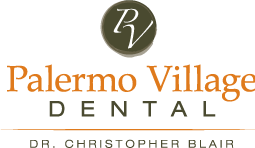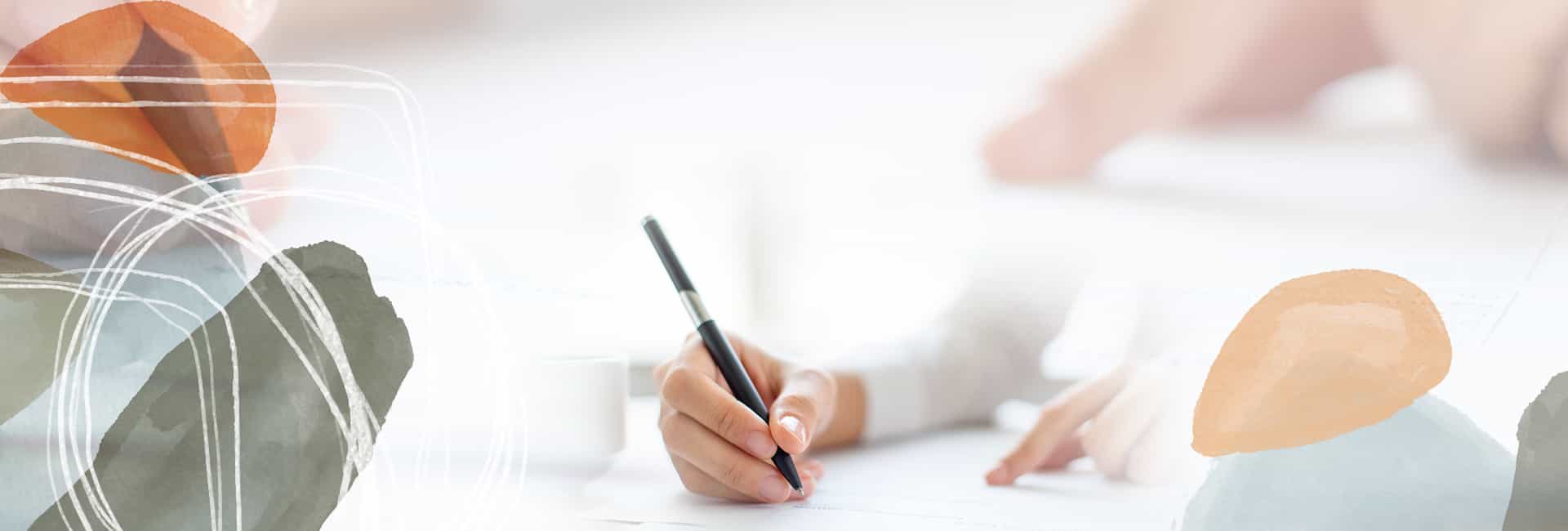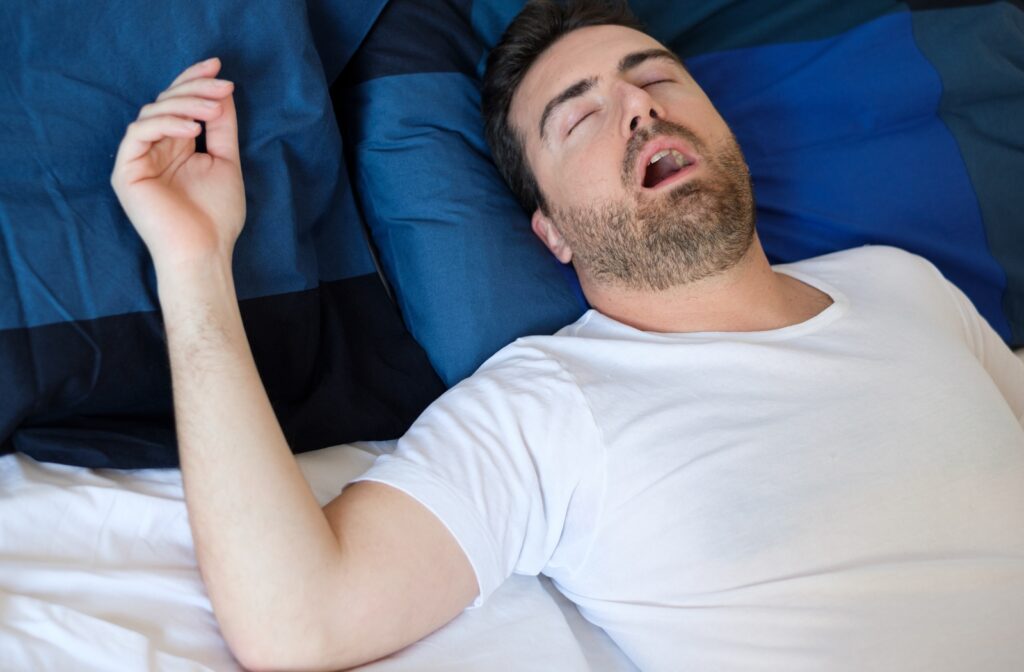Sometimes you have a bad sleep, but what if you’re constantly feeling tired, irritable, or less focused? Sleep apnea might be affecting you, but how do you know if you have this condition? If you have sleep apnea, your doctor has several ways to help you sleep better.
Continue reading to learn more about sleep apnea, including how to know if you have it and some of the treatments available.
What is Sleep Apnea?
Sleep apnea is a sleeping disorder that causes your breathing to repeatedly stop during sleep, preventing you from getting a full night’s rest. Over 850,000 Canadians have this condition. Complications with your breathing can happen for many reasons.
There are 3 main types of sleep apnea, including:
- Obstructive sleep apnea: Occurs when the soft tissue in the back of your throat collapses & blocks your airways
- Central sleep apnea: Occurs when your brain doesn’t send proper signals to the muscles controlling your breathing
- Complex sleep apnea syndrome: Occurs when you have both obstructive & central sleep apnea
Obstructive sleep apnea is the most common form of this condition. You may not even know you have sleep apnea if you’ve had it for a long time. The symptoms can be hard to identify because you’re asleep when you have an episode.
Sleep Apnea Symptoms
Family members typically notice sleep apnea symptoms first. You should see your doctor if you have any signs of this condition, including:
- Daytime sleepiness
- Loud snoring followed by silent pauses
- Gasping or choking during sleep
- Morning headache
- Irritability or mood changes
- Poor concentration or memory loss
- Lowered sex drive
- Falling asleep while driving
Sleep Apnea Complications
Sleep is important for your health, and sleep apnea can affect your ability to wake up feeling rested. Besides sleep deprivation, this condition can lead to complications, including:
- Daytime fatigue
- High blood pressure
- Heart problems
- Type 2 diabetes
- Liver problems
- Complications with medications & surgery
With the risks sleep apnea brings, how does this condition develop?

How Does Sleep Apnea Develop?
Each form of sleep apnea develops differently. Central sleep apnea occurs when your brain doesn’t transmit signals to your breathing muscles. Without these signals, you make no effort to breathe for a short time.
Obstructive sleep apnea happens when the muscles in the back of the throat relax too much. These muscles include your soft palate, uvula, tonsils, and tongue. Your airway narrows or closes as you breathe in, stopping breathing for 10 seconds or longer.
Your brain notices when you’re not breathing and wakes you up to open the airway. Many people don’t remember these awakenings. You may have this happen 5 or more than 30 times every hour, stopping you from reaching the deep phases of sleep.
Many people don’t know they have sleep apnea, so how is this condition diagnosed?
How Do You Know If You Have Sleep Apnea?
You can figure out if you have sleep apnea by visiting your doctor for an examination. Your doctor can review your medical history or conduct a physical exam to determine any possible causes for your symptoms.
Another way to diagnose sleep apnea is with a sleep study. These studies can happen from home with today’s technology. The devices analyze your breathing, airflow, heart rate, and blood oxygen throughout the night.
The SleepImage ring is a wearable sleep study device that helps measure your sleep while sending information to your doctor. It can record:
- How well you sleep
- How long you sleep
- If you experience sleep disorders
- Occurrences of sleep apnea
- If treatment is effective
After your doctor diagnoses you with sleep apnea, they recommend treatments to help you sleep better. They have several ways to treat this condition.
Sleep Apnea Treatments
Making lifestyle changes may help you sleep better at night, but many people require treatment to achieve restful sleep. These treatment options include continuous airway pressure devices, oral appliances, and Solea Sleep.
Continuous Positive Airway Pressure (CPAP)
CPAP therapy works by sending pressurized air into your mouth while you sleep. The CPAP forces your airway open to prevent collapse as you breathe. The ideal pressure is different for each person, so it may take a bit to identify the best air pressure for you.
This treatment requires a CPAP machine, face mask, and connective hose to work. CPAP therapy is an effective way to treat sleep apnea symptoms.
Oral Appliance Therapy
Oral applications are an alternative to CPAP therapy. They look similar to a mouthguard and promote the opening of your airway while sleeping. These devices prevent your tongue and the tissues in your upper airway from obstructing your breathing.
This treatment is ideal for someone with mild to moderate obstructive sleep apnea. An appliance should be custom-fitted to be effective. A poorly fitting device can lead to potential jaw problems.
Solea Sleep
The Solea Sleep laser can help treat palatal snoring, which is the cause of almost 80% of people who snore. The laser uses a specific wavelength to tighten the collagen fibres in your soft palate tissue. This tightening helps to open your airway and reduce vibrations from snoring.
This treatment is beneficial for anyone with mild to moderate sleep apnea. The Solea Sleep laser has many benefits, including:
- Significantly reduced or eliminated snoring
- Better & deeper sleep
- No sore throats or headaches in the morning
- Increased daytime energy
- Improved concentration, memory, & learning
- Reduced effects of sleep apnea
Begin Your Journey to Better Sleep
If you have sleep apnea, you don’t need to feel tired or irritable throughout the day. Your doctor can use treatments like the Solea Sleep laser to help you feel well-rested when you wake up. If you have symptoms of sleep apnea, contact your doctor today.




